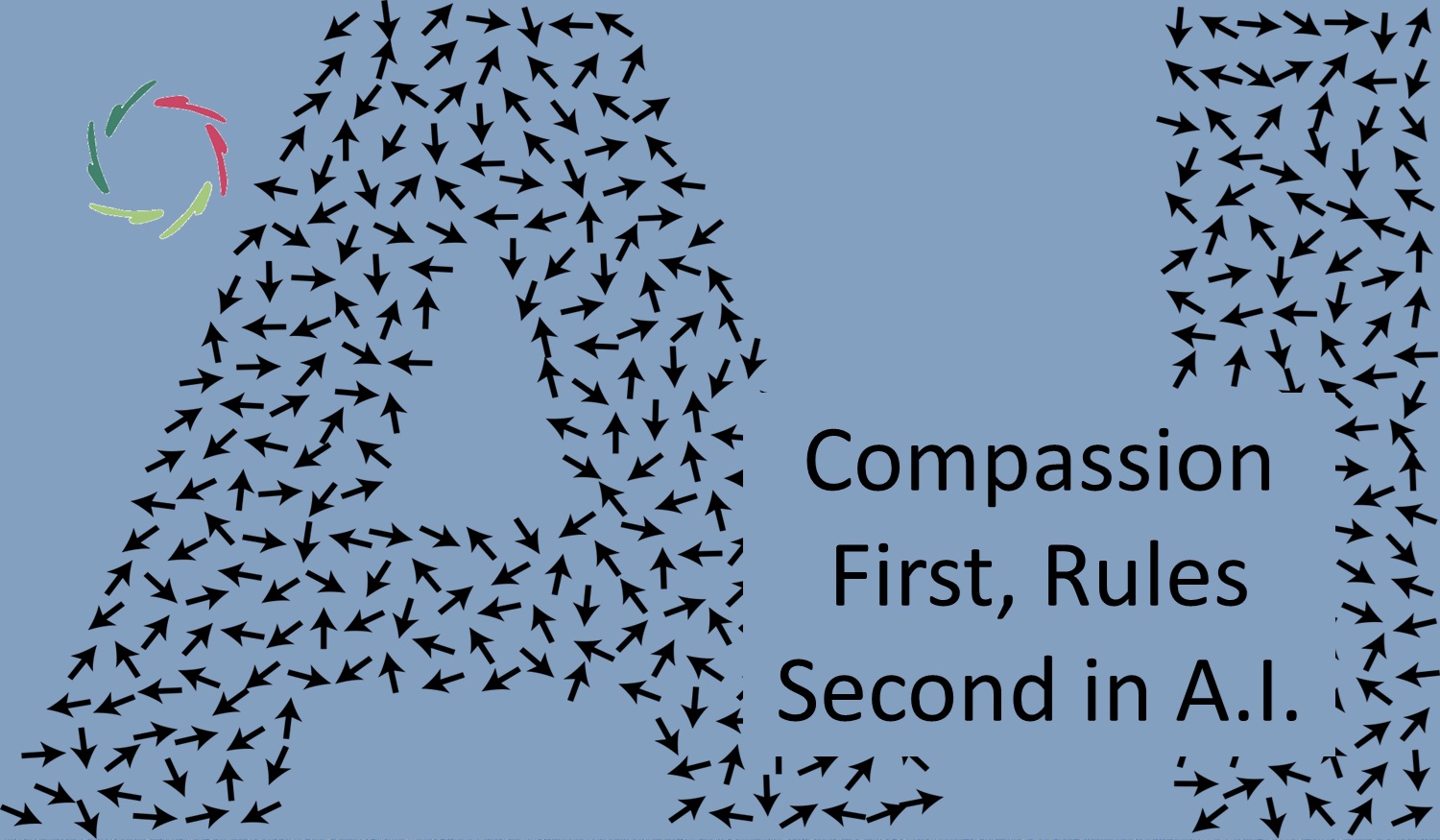Inside Values, We Find Pain and Joy

In our values, we find our worth and deepest meaning, our ‘energy’ which is no more than deep motivation. Our values are our morality. Valued gain for pain and source of joy.
Inner values lead one to voluntarily accept pain.
For instance: the soldier fighting for his country, the mother giving birth, the athlete going to his limits…
The ancient Greeks already saw as the core of leadership: to instill in others a ‘voluntary obedience’ towards taking risks, accepting hardship, going to war if needed. A good leader was able to, and still can do this through good ‘value management’. One can also see in this the core of – deep – motivation. Values are deep. Drawn towards their values, people may transcend mere egotism.
True values are ‘vertical’
The pain that comes as consequence of realizing one’s true value(s) is mostly not felt as the ‘pain’ for which no deeper meaning is felt, even if it’s objectively the same pain. This has been observed in many circumstances, also dire ones such as war or a concentration camp. This is because such values have a ‘vertical’ aspect: they are a gateway between conceptual thinking (your usual thoughts) and the deeper (nonconscious, subconceptual) layers of your mind. This is ‘energetic’ stuff indeed – no esoteric explanation needed.
In present-day society, we have some trouble with this
A pervading idea is that people should live without pain or discomfort. This has almost the status of an ‘upper value’, although one that is quite unnatural, artificial, blind. The contradiction is obvious. If this value is pursued relentlessly, this goes at the detriment of… all other value.
In our values, we also find joy
Pursuing one’s values brings joy, not only in attaining end results but also in the act itself. Possibly and very broadly seen, it’s even the only source of joy. This is:
the feeling that gets built up in our brain/mind when pursuing values
=
what we denote as ‘joy’.
This may be superficial joy (‘pleasure’) as related to rather superficial values, or deep joy (happiness, ‘eudaimonia’ for the connoisseurs) as related to deeper values. Or of course – in many cases – a mixture of both.
A recipe for happiness: find your true values and act upon them.
Nature likes both: pleasure and happiness:
- Pleasure is associated with dopamine flow in the brain, coming and going in short-lived waves. This way, we keep busy – trying to stay alive and act in the moment, again and again.
- Happiness is a longer-term motivator. It keeps us more stable in a wider perspective, either being happy or striving to be so.
This is also ‘morality’
Morality IS about NOT going beyond one’s own true values. Is this egoistic? Not at all. It is precisely ego-transcending:
- Doing something ‘for the sake of others against oneself’ is immoral.
- Doing something ‘for the sake of others because such is your true value’ is completely different, the height of morality.
In realizing the latter, one might find pain as well as joy, at the same time. One may in such case also find within oneself a clash of contradictory values, but this doesn’t diminish the principle.
Welcome to humanity.


